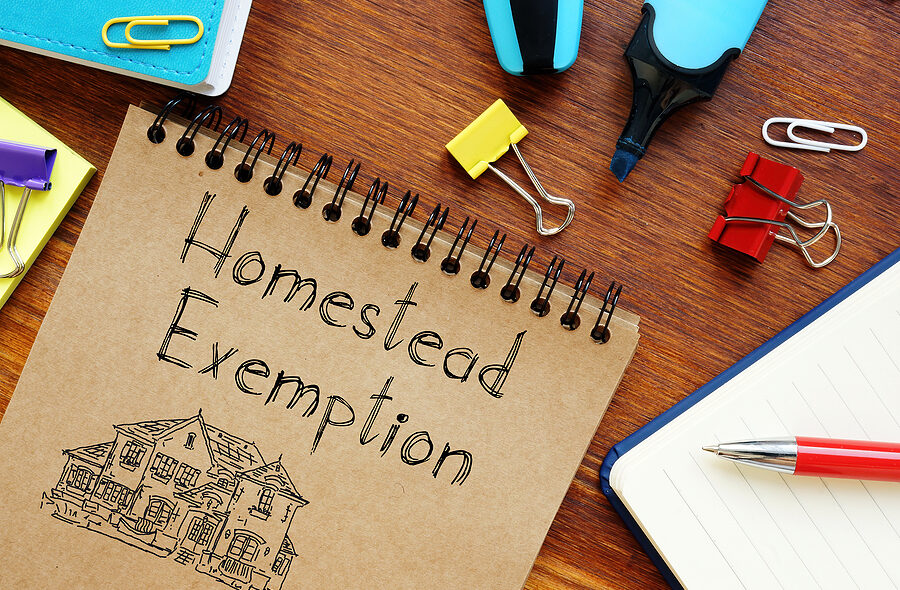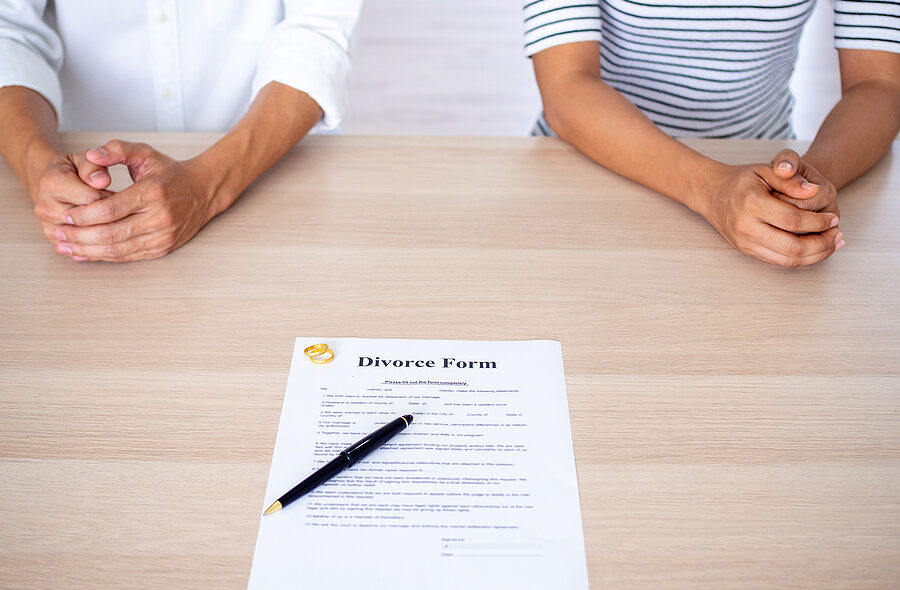It is a common concern of parents filing for bankruptcy. In this blog, we will address common bankruptcy concerns involving children, including: What happens to children’s bank accounts and 529 educational savings accounts in bankruptcy? Will I be able to take out student loans for my child after filing for bankruptcy? Will my child lose property? What happens to child support obligations in bankruptcy?
Your Child’s Property
Technically, any property in your home is yours and not your child’s. This includes your child’s furniture, toys and clothing, even though they may have been gifted directly to the child. If the child paid for a piece of property from his or her own money and this fact can be proven, the property is the child’s exclusively.
The good news is this property is an expemption, allowing it to be protected in the bankruptcy. If the filer is proceeding with a Chapter 13 bankruptcy case, the bankruptcy filer will get to keep all personal property. In a Chapter 7 bankruptcy case, the filer can keep up to $1,000 in personal property under Florida’s bankruptcy exemptions, which includes household furnishings and clothing. If the amount exceeds the $1,000 limit, the bankruptcy trustee will normally not look to sell this property to pay off debts unless the property is extremely valuable.
Bank Accounts
Many parents open up bank accounts and hold them in trust for their children. The good news is these accounts are protected in bankruptcy. Under the Uniform Gifts to Minors Act, money in a child’s bank account is not considered your money, meaning you, as the parent, are holding this money in trust for your child. Therefore, neither the bankruptcy trustee nor the creditors will be able to access this money. However, filers should be cautious when transferring large amount of money into the child’s account right before filing for bankruptcy.
529 College Accounts
Many parents also put money away into education savings accounts under section 529 of the Internal Revenue Code (IRC) to help give their children a head start in saving for college. This section of the IRC also offers tax advantages, as well as creditor protection, which is another reason why so many parents take advantage of it. The federal bankruptcy code specifically excludes 529 funds from being lumped as part of the bankruptcy estate. However, for this money to be protected, the beneficiary must be the filer’s child, stepchild, grandchild or step-grandchild. Also, the court will look at the timing of when deposits were made into the account. Deposits that are made within 365 days before filing for bankruptcy are not protected. If a deposit is made anywhere between 365 and 720 days before filing for bankruptcy, the filer can exempt up to $6,225 per beneficiary. Anything that was deposited more than 720 days before filing for bankruptcy is exempt and protected from bankruptcy creditors.
Financial Aid
Another piece of good news is the fact that filing for bankruptcy will not hurt your child’s ability to qualify for financial aid for college, including Pell Grants and Stafford Loans. The parent, however, will be disqualified from receiving any credit-based financial aid, including a Parental Loan for Undergraduate Students (PLUS) loan if the parent declared bankruptcy within the past five years. If that does happen, the filer’s child will qualify for an increased amount of unsubsidized Stafford loans.
Child Support Payments
One important fact to know about child support and bankruptcy is that child support obligations are non-dischargeable in a bankruptcy case. Therefore, if the filer owes a large amount in back child support, this debt is considered priority debt and is paid first from the liquidated assets in a bankruptcy case. Child support payments must also be paid during a Chapter 13 bankruptcy repayment plan. In fact, a bankruptcy court will not grant a discharge in a Chapter 13 case if the person is not current on his or her post-filing child support payments. Child support income is also protected in a bankruptcy case, if the filer is the parent receiving the child support, since that money is meant for the support and well-being of the child.
If you have questions on this topic or are in financial crisis and considering filing for bankruptcy, contact an experienced Miami bankruptcy attorney who can advise you of all of your options. As an experienced CPA as well as a proven bankruptcy lawyer, Timothy Kingcade knows how to help clients take full advantage of the bankruptcy laws to protect their assets and get successful results. Since 1996 Kingcade Garcia McMaken has been helping people from all walks of life build a better tomorrow. Our attorneys’ help thousands of people every year take advantage of their rights under bankruptcy protection to restart, rebuild and recover. The day you hire our firm, we will contact your creditors to stop the harassment. You can also find useful consumer information on the Kingcade Garcia McMaken website at www.miamibankruptcy.com.
Related Resources:
https://www.thebankruptcysite.org/resources/bankruptcy/filing-bankruptcy/how-does-filing-personal-bankruptcy-affect-my-children
https://www.nolo.com/legal-encyclopedia/florida-bankruptcy-exemptions-property-assets-bankruptcy.html



